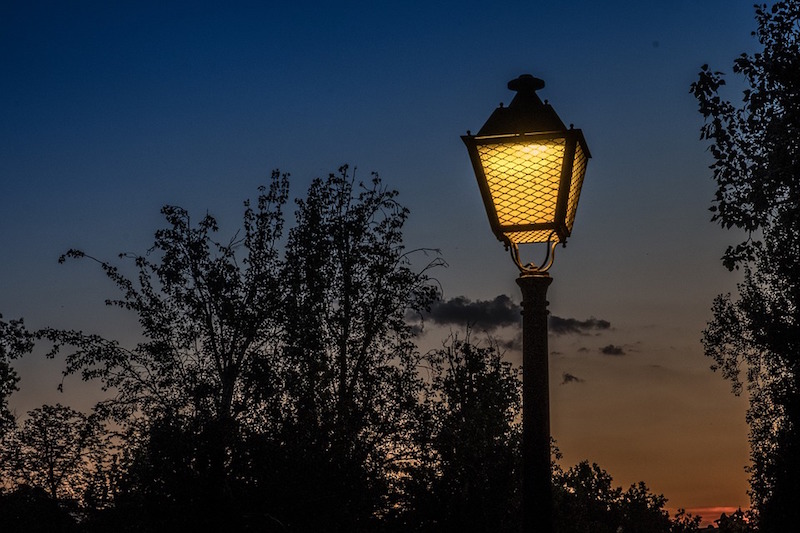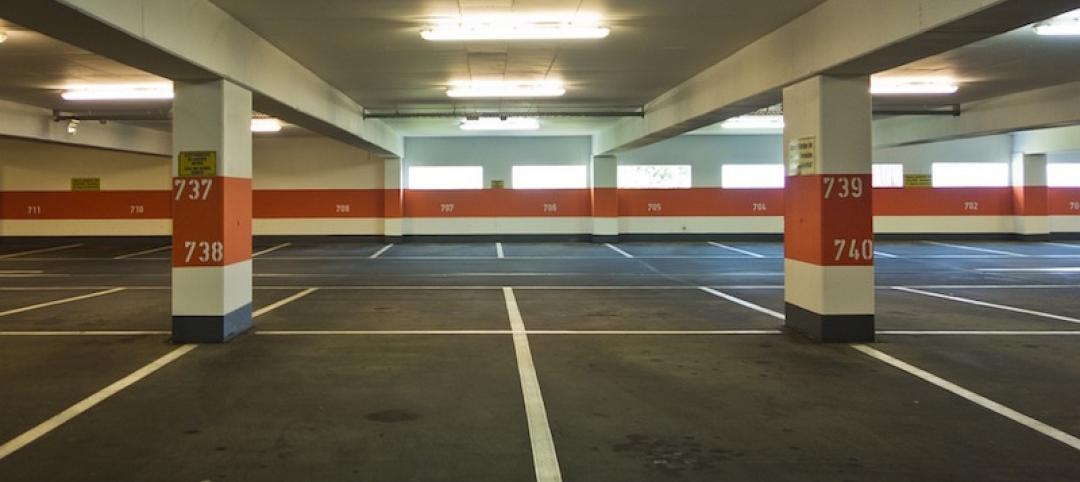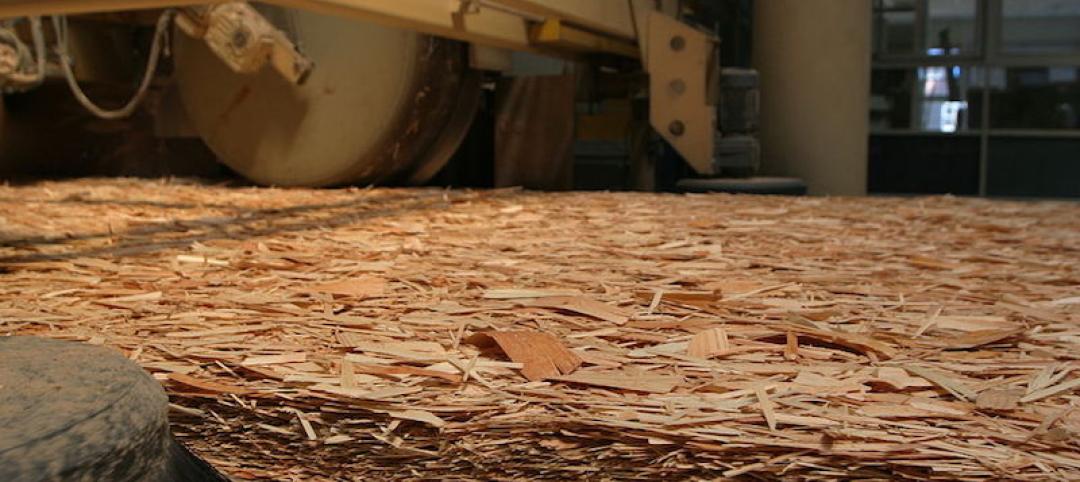The latest lighting technology for parking areas quickly pays for itself and can reap energy savings of up to 70%, according to the U.S. Dept. of Energy.
The Department has promoted its Lighting Energy Efficiency in Parking (LEEP) Campaign to support participants in their efforts to upgrade and install energy-efficiency equipment and lighting controls in over 540 million sf of parking facilities since 2012. That effort has translated into savings of 137 million kWh a year, or $14.79 million in electricity savings.
LED products have made the fastest inroads in outdoor applications, DOE says, with a penetration rate of 32.5% in parking garages and 26.2% in parking lots in 2016. LEEP is a collaboration between the U.S. Green Building Council (USGBC), Building Owners and Managers Association International (BOMA), International Facility Management Association (IFMA), International Parking Institute, and the Better Buildings Alliance, with technical support from the Department of Energy’s Pacific Northwest National Laboratory.
LEEP Campaign resources, including tools, case studies, and guidance materials designed to make it easy for facility owners and managers to adopt high-efficiency lighting and controls systems for parking facilities are available at: http://www.leepcampaign.org/
Related Stories
Standards | Aug 16, 2016
Standard for conducting, reporting energy audits open for review
A joint ASHRAE/ACCA proposal seeks comments from industry professionals.
Legislation | Aug 10, 2016
Calif. bill would speed up environmental lawsuits on certain projects
A nine-month limit has been proposed for some $100 million-plus projects.
Resiliency | Aug 10, 2016
White House pushes for better finance strategies for disaster mitigation and resilience
The move highlights innovative insurance, mortgage, tax, and finance-based strategies.
Regulations | Aug 9, 2016
New trend eases parking requirements for U.S. cities
Transit-oriented development and affordable housing are spurring the movement.
Regulations | Aug 8, 2016
EPA toughens rules to reduce formaldehyde exposure from composite wood products
Products will now have to be labeled as compliant to the new rules.
Regulations | Aug 5, 2016
Stop-work orders in New York City up sharply this year
The orders come after a rise in the number of deadly accidents that have occurred in the past few years.
Sustainability | Aug 4, 2016
S.F. Bay Area voters approve first-of-its-kind tax to fight impact of climate change
The funds from the tax will be used to restore wetlands
Concrete | Aug 2, 2016
Concrete Association builds case against cross-laminated timber
The campaign asserts that not enough is known about CLT in construction
Seismic Design | Jul 28, 2016
Risk of man-made earthquakes now factor in seismic hazard analysis
Significant risk increases seen in some areas of the U.S.
Resiliency | Jul 27, 2016
New York’s resilience plans not taking long-term view, critics charge
Continued waterfront development may be regretted later this century.















